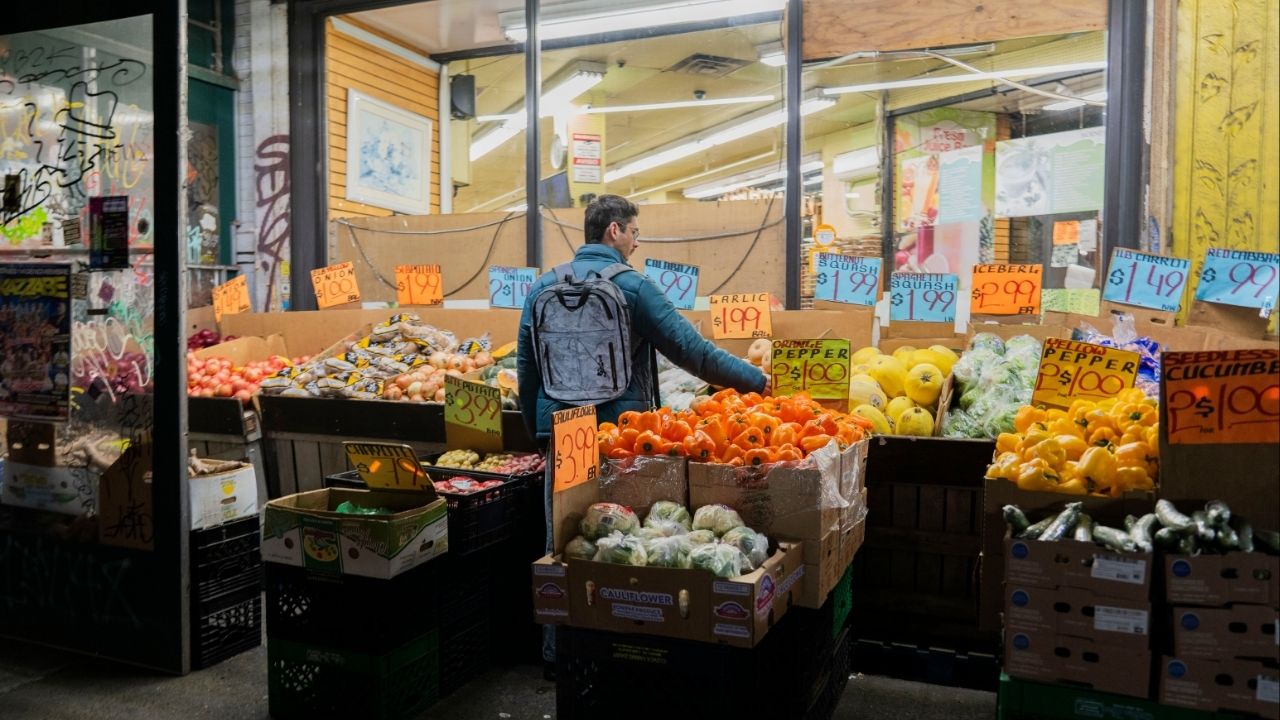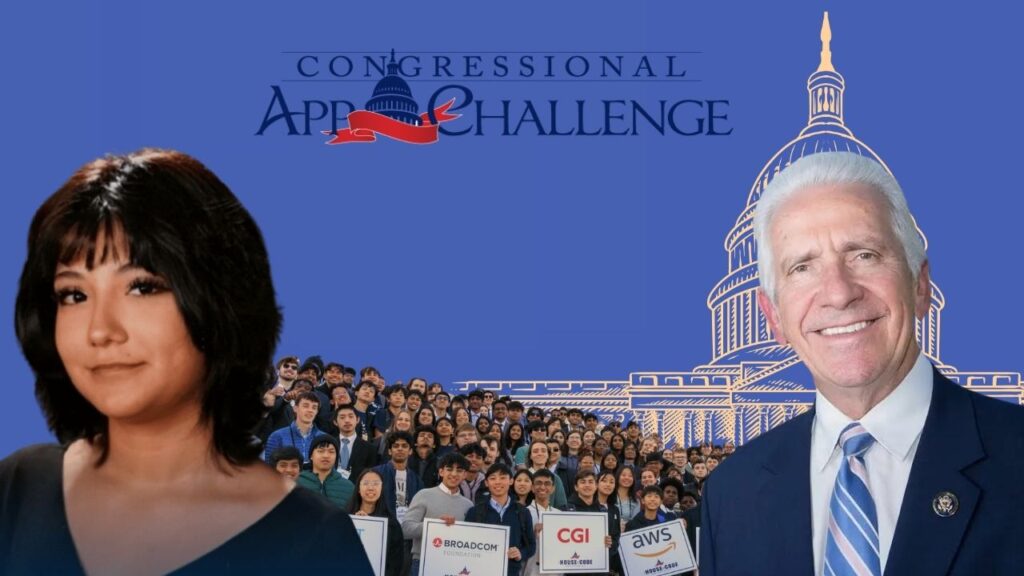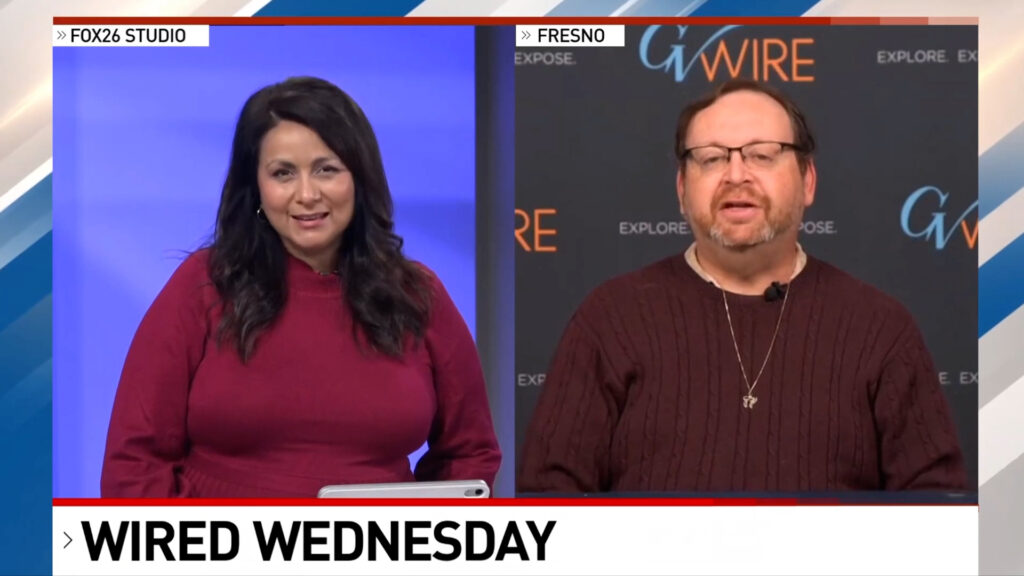A shopper looks at produce at a grocery in the Bushwick neighborhood of Brooklyn on Wednesday, Nov. 5, 2025. A federal judge ordered the Trump administration on Thursday to fund food stamps in full for roughly 42 million low-income Americans, after admonishing the government for delaying aid under the nation’s largest anti-hunger program during the shutdown.(Hiroko Masuike/The New York Times)
Share
|
Getting your Trinity Audio player ready...
|
WASHINGTON — The Trump administration moved Friday to deny swift and full food stamp payments to millions of low-income Americans, as it asked a federal appeals court to halt a judge’s recent order that would preserve those benefits during the shutdown.
The legal salvo once again plunged the Supplemental Nutrition Assistance Program, known as SNAP, into confusion and chaos — and raised the possibility that the poorest families may receive no aid while the fiscal stalemate in Washington remains unresolved.
The Trump administration specifically sought to challenge a ruling issued by a lower court Thursday. In that scathing order, Judge John J. McConnell Jr., of the U.S. District Court for the District of Rhode Island, directed the government to tap an ample store of leftover federal money to fund food stamps in their entirety this month.
In doing so, the judge faulted President Donald Trump and his top aides for using the nation’s largest anti-hunger program as a political bargaining chip. And he gave the government a Friday deadline to comply and send full payments to states, which administer food stamps for roughly 42 million people.
But lawyers for the government asked the 1st U.S. Circuit Court of Appeals to halt that requirement and render a ruling before 4 p.m. If the administration prevails, it could severely cut or delay aid that helps many families purchase groceries.
Justice Department Defends Refusal
In doing so, the Justice Department defended its refusal to tap two accounts totaling tens of billions of dollars that would allow the government to provide full nutrition benefits swiftly to the roughly 1 in 8 Americans who receive them.
The government said the order “makes a mockery of the separation of powers,” since it is Congress that possesses the power to set the nation’s spending. The comments contrasted sharply with the president’s other moves during the shutdown to reprogram billions of dollars without the approval of Congress, including to pay officials conducting mass deportations.
The Justice Department also said that officials could not legally tap some of the funds for SNAP. And it rejected the suggestion that Trump had politicized the nutrition program, even though the president had threatened days earlier to withhold all aid until Democrats caved to his fiscal demands. Instead, lawyers for the administration said Trump was merely “stating the facts” that the program had no remaining money.
“Unfortunately, by injecting itself with its erroneous short-term solution, the district court has scrambled ongoing political negotiations, extending the shutdown and thus undercutting its own objective of ensuring adequate funding for SNAP and all other crucial safety-net programs,” the government told the appeals court.
The legal wrangling offered no comfort to the millions of Americans now facing the imminent risk of hunger and severe financial hardship as the federal shutdown stretches into its sixth week, the longest in U.S. history. For now, some states — including California, Michigan, Oregon and Wisconsin — said they had started to process full food stamp payments, even with federal funding in new legal jeopardy.
Both Parties Try to Spare SNAP
Since the start of the shutdown, Democrats and Republicans alike have clamored for Trump to spare SNAP from any disruption. But the White House has repeatedly claimed that it has no power to help and preserve food stamps, a program that the president has long targeted for spending cuts.
By its own admission, the government has tens of billions of dollars left over that it could use to sustain food stamps this month. That includes a roughly $5 billion emergency reserve that was specifically enacted by Congress for SNAP, and a second pot of money at the Agriculture Department filled primarily with tariff revenue.
Together, those funds well exceed what would be needed to finance the nutrition program this month. And the Trump administration had already tapped some of the tariff money to prevent interruptions to another federal nutrition program during the shutdown.
But the Trump administration at various points has refused to take the same action with SNAP, even though the Agriculture Department initially said it would reprogram the budget if necessary. The abrupt reversal, announced in late October, sparked a series of lawsuits, including a challenge brought by cities, religious groups and nonprofits in the federal court in Rhode Island.
Initially, McConnell gave the government discretion on whether to make partial or full payments in November, and the funding source for that aid. His order required the Trump administration to act quickly and make those payments by this week.
In the end, the Agriculture Department opted for partial funding for food stamps, and the way it designed those payments threatened to leave millions of families with no aid at all, or without payments for weeks or months. That prompted McConnell on Thursday to require the government to tap additional funds to make payments in full, which he said would avert any cuts and delays, as he admonished the Trump administration for its actions.
“This should never happen in America,” the judge said during a tense but brief hearing.
—
This article originally appeared in The New York Times.
By Tony Romm/Hiroko Masuike
c. 2025 The New York Times Company
RELATED TOPICS:
Categories



















